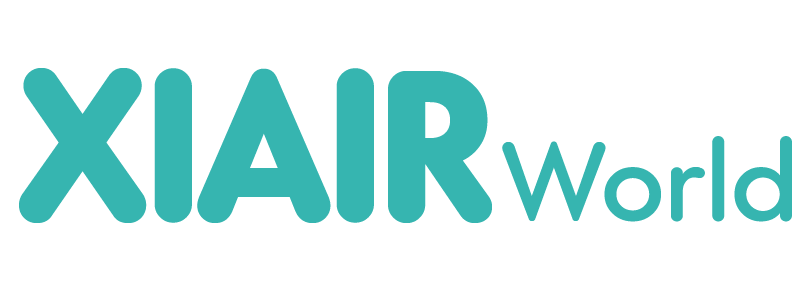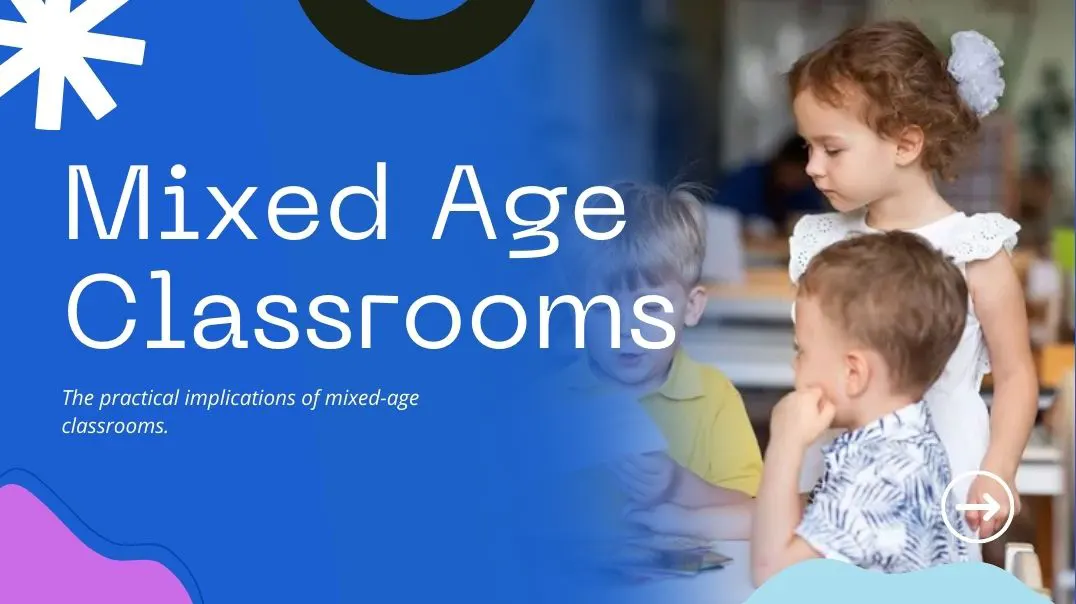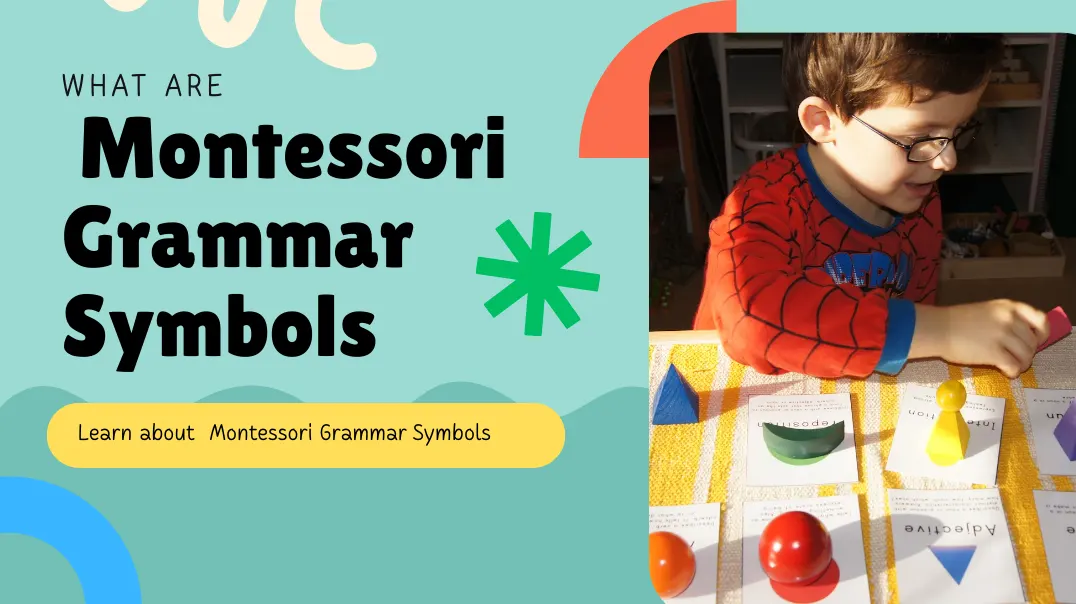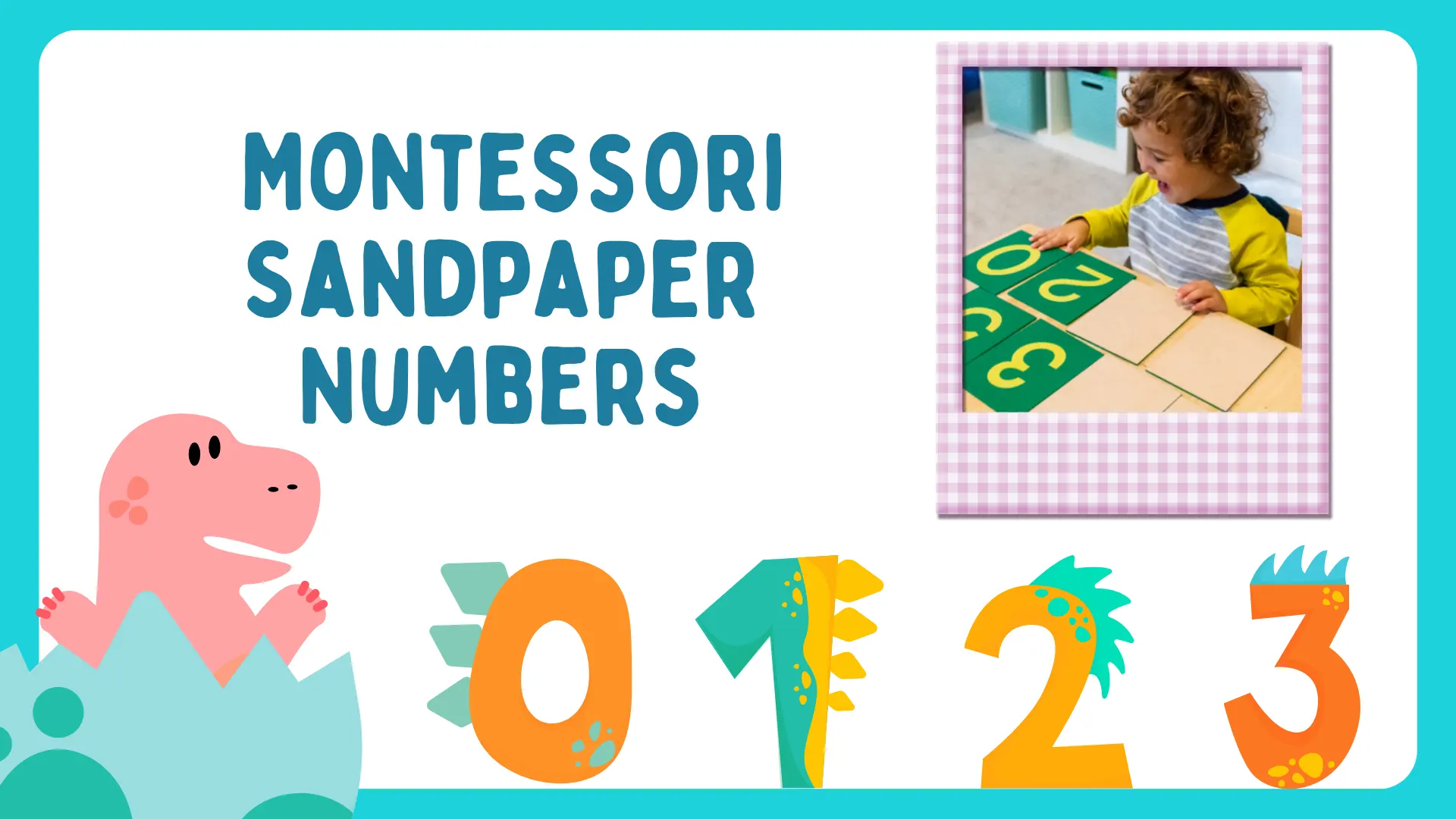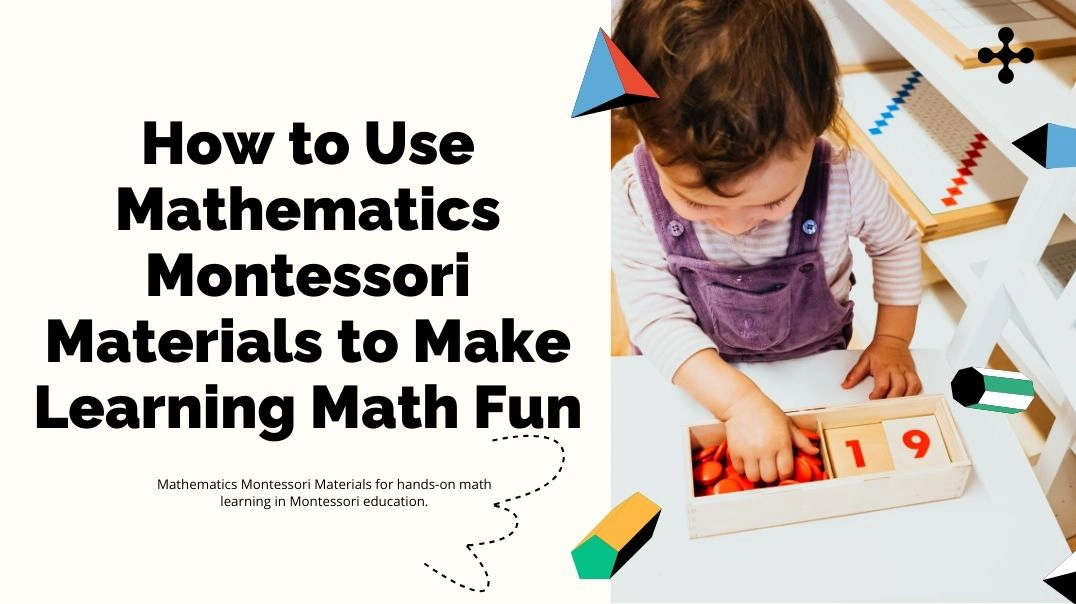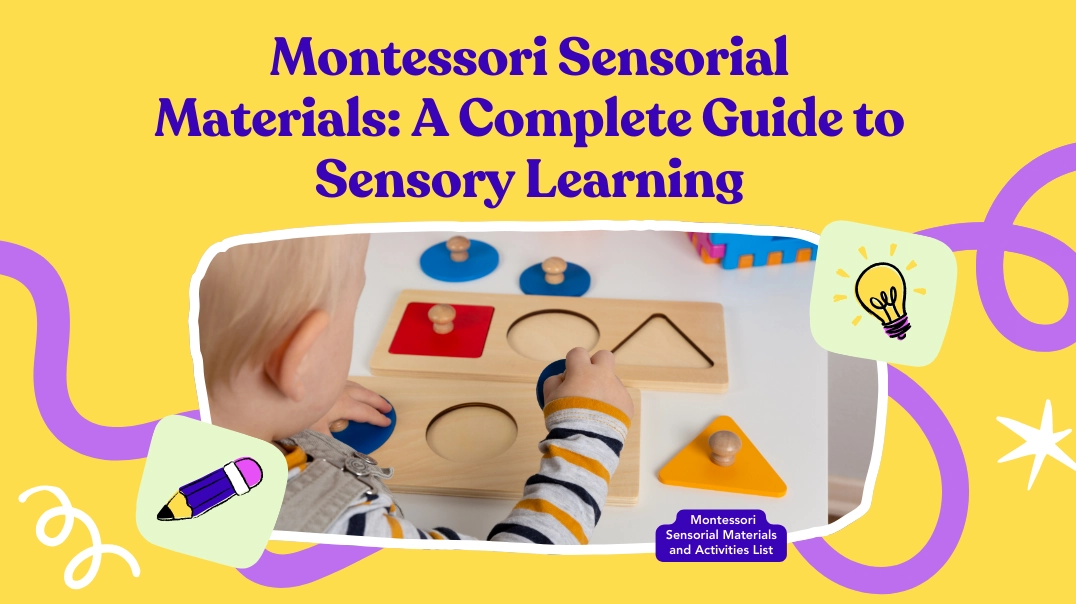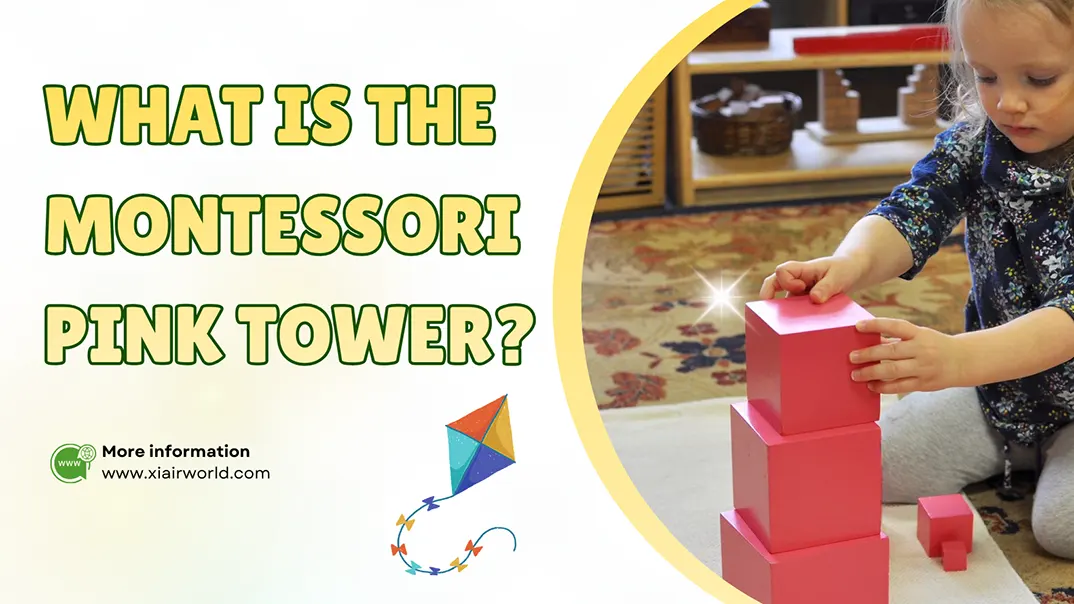
What Is the Montessori Pink Tower? Features, Benefits, and Classroom Use
The Montessori Pink Tower is a scientifically designed tool for sensorial development. This article explains the design logic and developmental goals behind the Pink Tower, showing how it builds visual discrimination, spatial awareness, logical order, and early mathematical thinking. You will also learn how it is presented in classrooms, common mistakes teachers make, and how to select a high-quality version suitable for daily classroom use.
